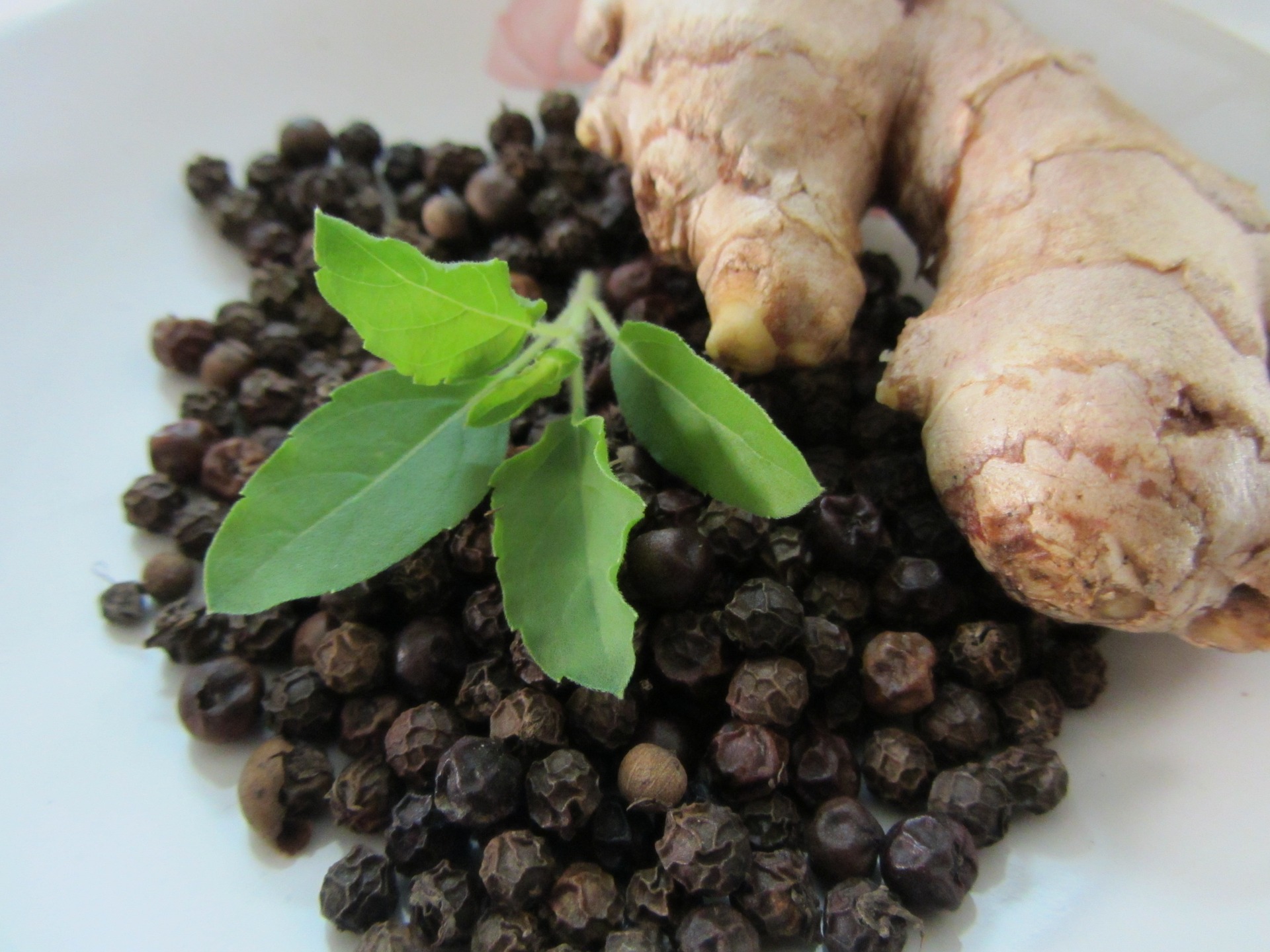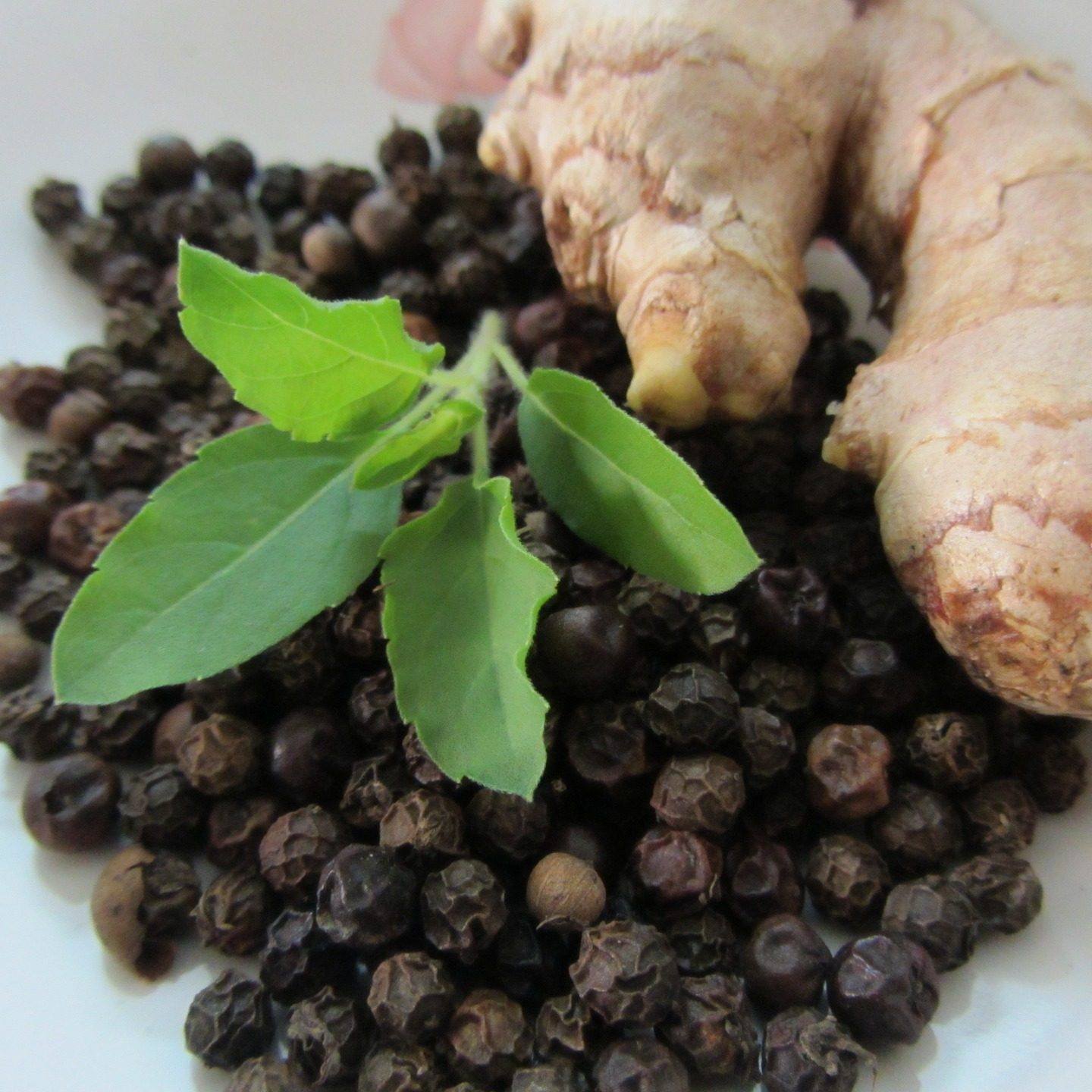Ayurvedic
 Ayurvedic medicine had its origins in India and is considered to be one of the world’s oldest healthcare systems. It’s named from the Sanskrit word Ayurveda, which means the “science of life”.
Ayurvedic medicine had its origins in India and is considered to be one of the world’s oldest healthcare systems. It’s named from the Sanskrit word Ayurveda, which means the “science of life”.
The fundamental approach to well-being involved in Ayurveda is reaching your unique state of balance in your entire being — the mind, body, and spirit. In addition, Ayurveda sees the world in three different constitutional principles: vata, pitta, and kapha. The first line of defense in warding off the imbalances is removing the root source of the problem. If the said source has been eliminated, the body will start healing itself.
However, if there would still be a lot of lingering imbalances within you after removing the source, you’d then have to bring balance back by using the opposite of the source. Excess heat or acidity in the digestive track, for example, can be countered with cooling and soothing herbs like Sharavari. This practice also supports the digestive fire; so that the nutrition can be absorbed and waste materials can be eliminated.
Moreover, ayurveda offers a myriad of ways to bring balance to your doshas and find your entire well-being in the process. The main key to finding this balance is with a wholistic approach: addressing the mind, body, and soul. In addition, ayurvedic remedies rely on a couple of modalities: diet modifications, adjustments in lifestyle and activities, herbal supplements, pranayama (breathing techniques), and meditation marma (energetic pressure points) panchakarma (a cleansing process) and, of course, you.
For Huntington’s Disease:
Ayurveda is a form of natural medicine that originated in ancient India more than 5,000 years ago. Ayurveda is an integrated system of methods that makes use of diets, herbs, exercise, meditation, yoga and massage or bodywork to avhieve optimal health. There’s evidence that the traditional herbal remedy Mucuna Pruriens may help improve symptoms in Parkinson’s disease and that it may offer advantages over conventional L-dopa preparations in the long-term management of the disorder. More studies are still needed in this area, however.
Ayurvedic herbs should be consumed cautiously due to them being strong, and some constituents may be potentially toxic if taken in large amounts or for a long time. Some herbs imported from India have been reported to contain high levels of toxic metals. Ayurvedic herbs may interact with other herbs, foods and drugs. A qualified healthcare professional should be consulted before taking any of them.







